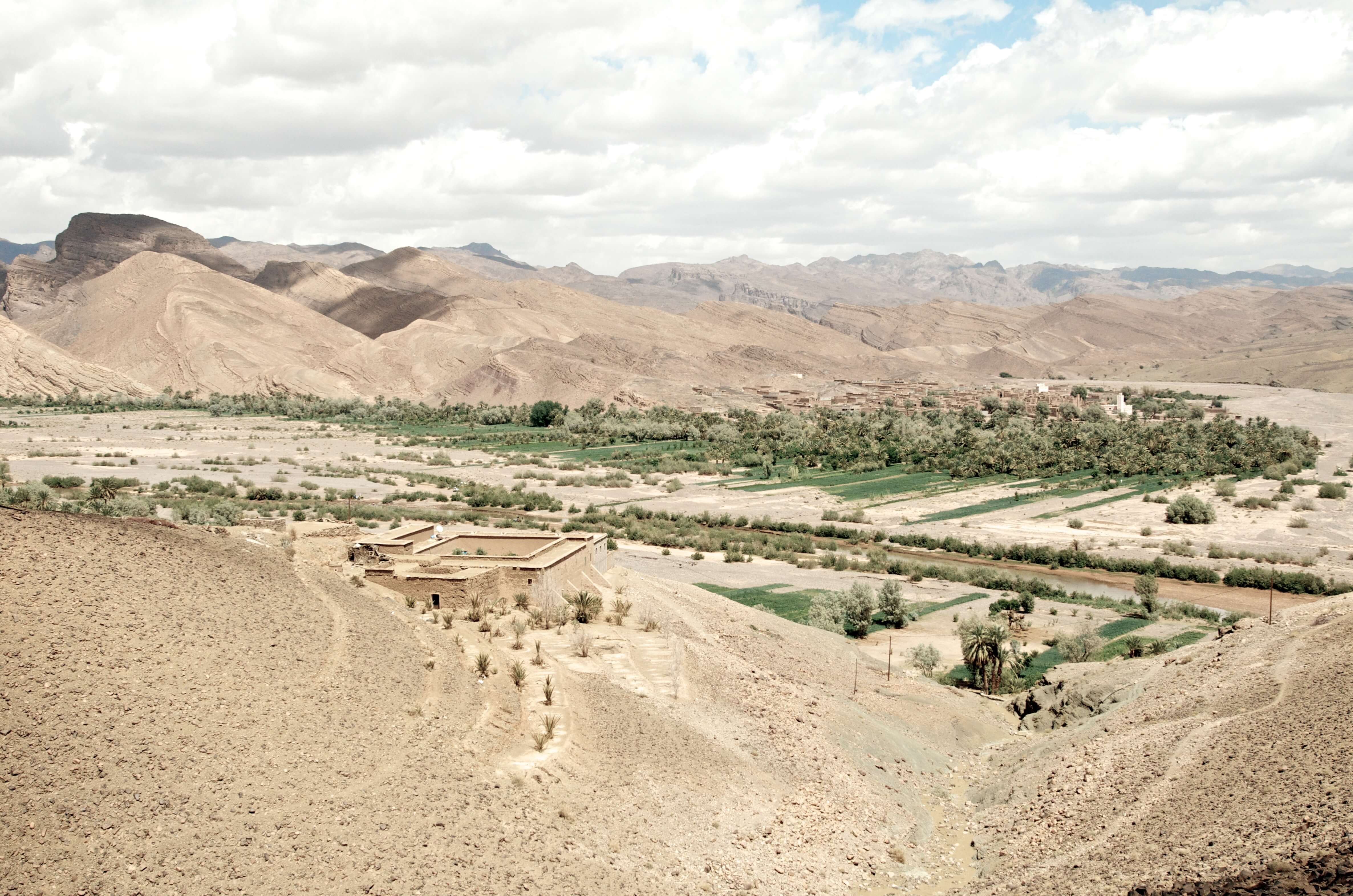The year 2023 witnessed a substantial rise in rainfall in Morocco compared to the previous year, with a 15.6% increase by the end of March. However, the country's agricultural output continues to struggle, as reported by the Moroccan central bank, Bank Al-Maghrib (BAM). Despite the higher rainfall levels, the cumulative volume of 202.4 mm still needs to catch up to the five-year average by 17.3%. As a result, Morocco's water resources have yet to recover fully, leading to suboptimal agricultural yields.
Although there has been a moderate improvement in the filling rates of Moroccan dams, the overall water resources remain low. As of April 7th, the average dam filling rate stood at 34.3%, a slight increase from 33.9% in 2022 but significantly lower than the 50.9% recorded in 2021. The persistently low dam filling rates further constrain the country's agricultural sector, highlighting the need for efficient water management strategies and alternative agricultural methods to ensure sustainable growth and food security in Morocco.
A decrease in agricultural output in Morocco could have significant implications for its European partners, who rely on the North African nation as a vital supplier of agricultural products. Morocco is a leading exporter of fruits and vegetables, particularly citrus fruits and tomatoes, to the European market. A decline in agricultural production may lead to supply chain disruptions and higher prices for these essential commodities in the European market. This could negatively impact consumers and businesses that depend on these products, potentially leading to inflationary pressures and an increased reliance on other sources of supply.
Moreover, the reduction in agricultural output could strain the existing trade relationships between Morocco and its European partners. A prolonged decline in agricultural production could force European importers to seek alternative suppliers, potentially shifting trade dynamics and causing a long-term reduction in demand for Moroccan agricultural products. Additionally, this may affect Morocco's economy, as agriculture plays a crucial role in providing employment and sustaining rural communities. Finally, the repercussions could extend beyond the agricultural sector, impacting other areas of the Moroccan economy, such as tourism and investment.
Photo by Hatim Belyamani on Unsplash


